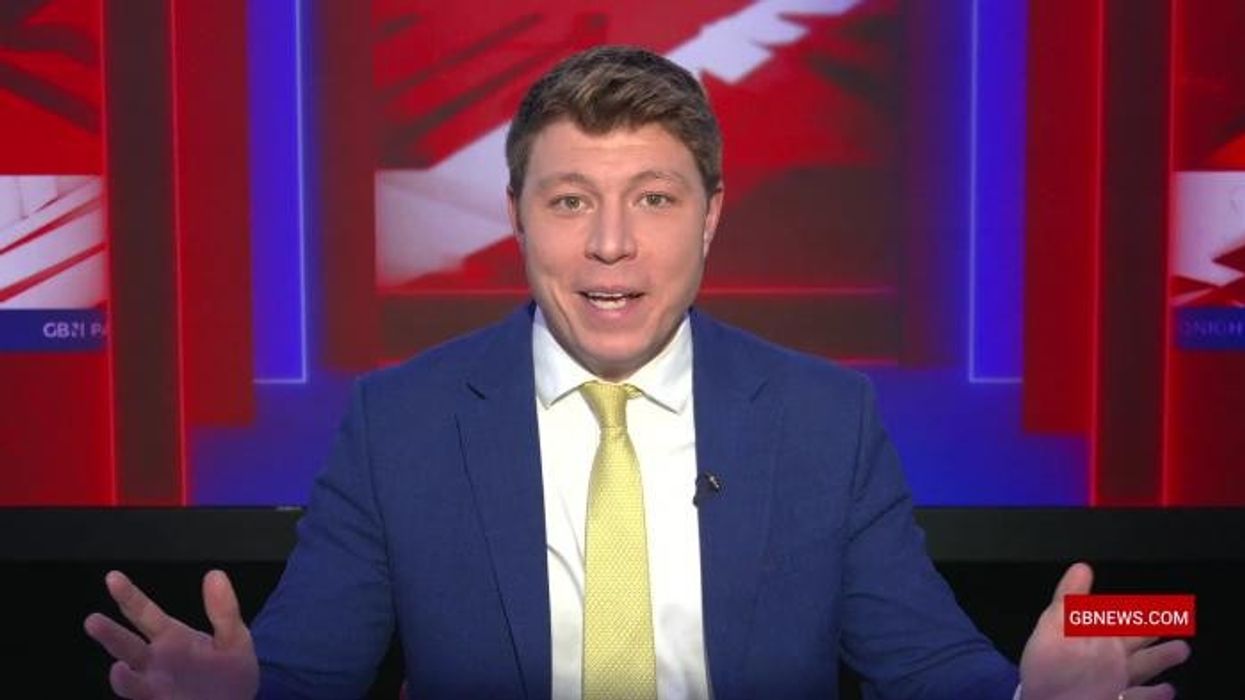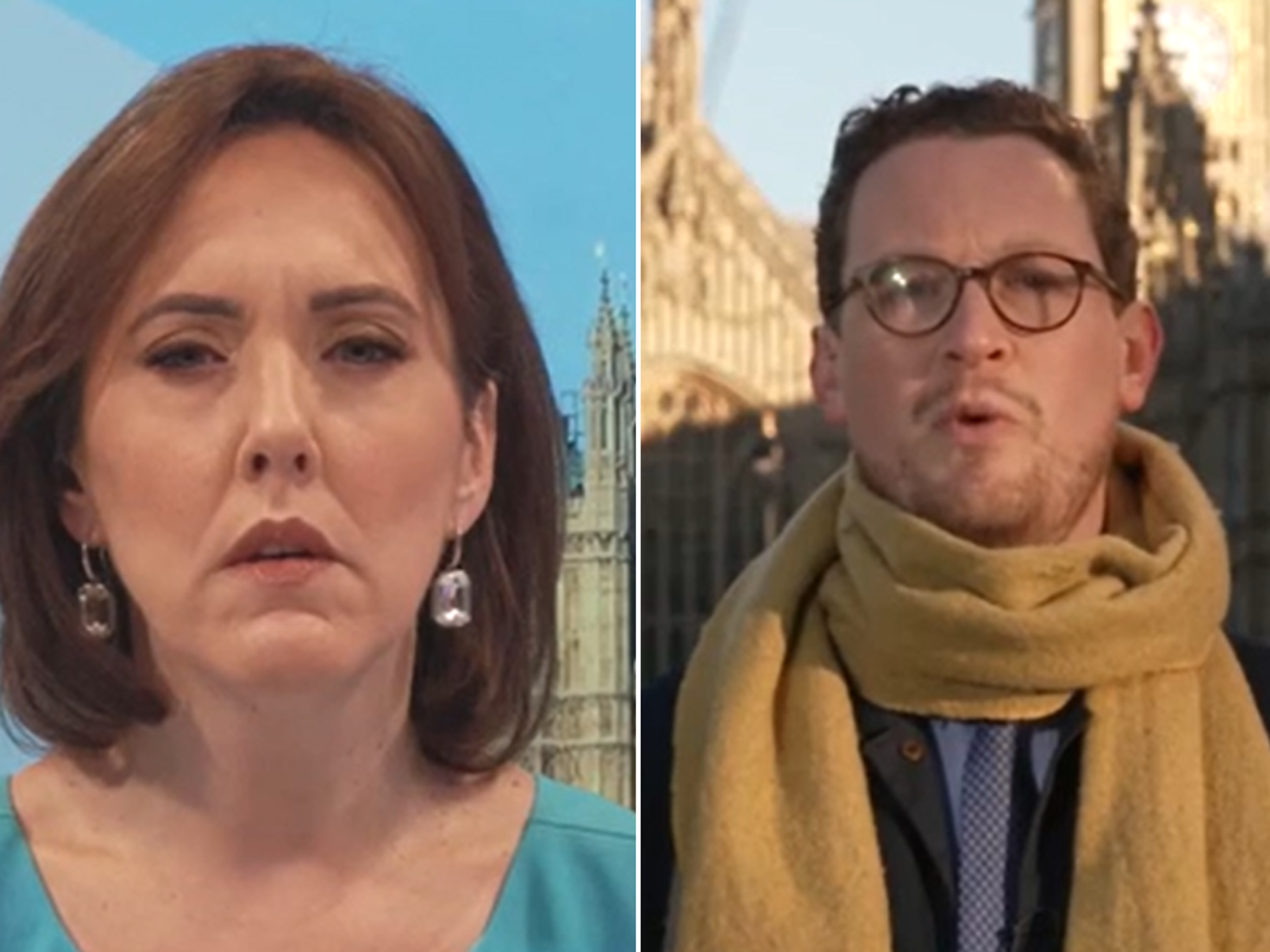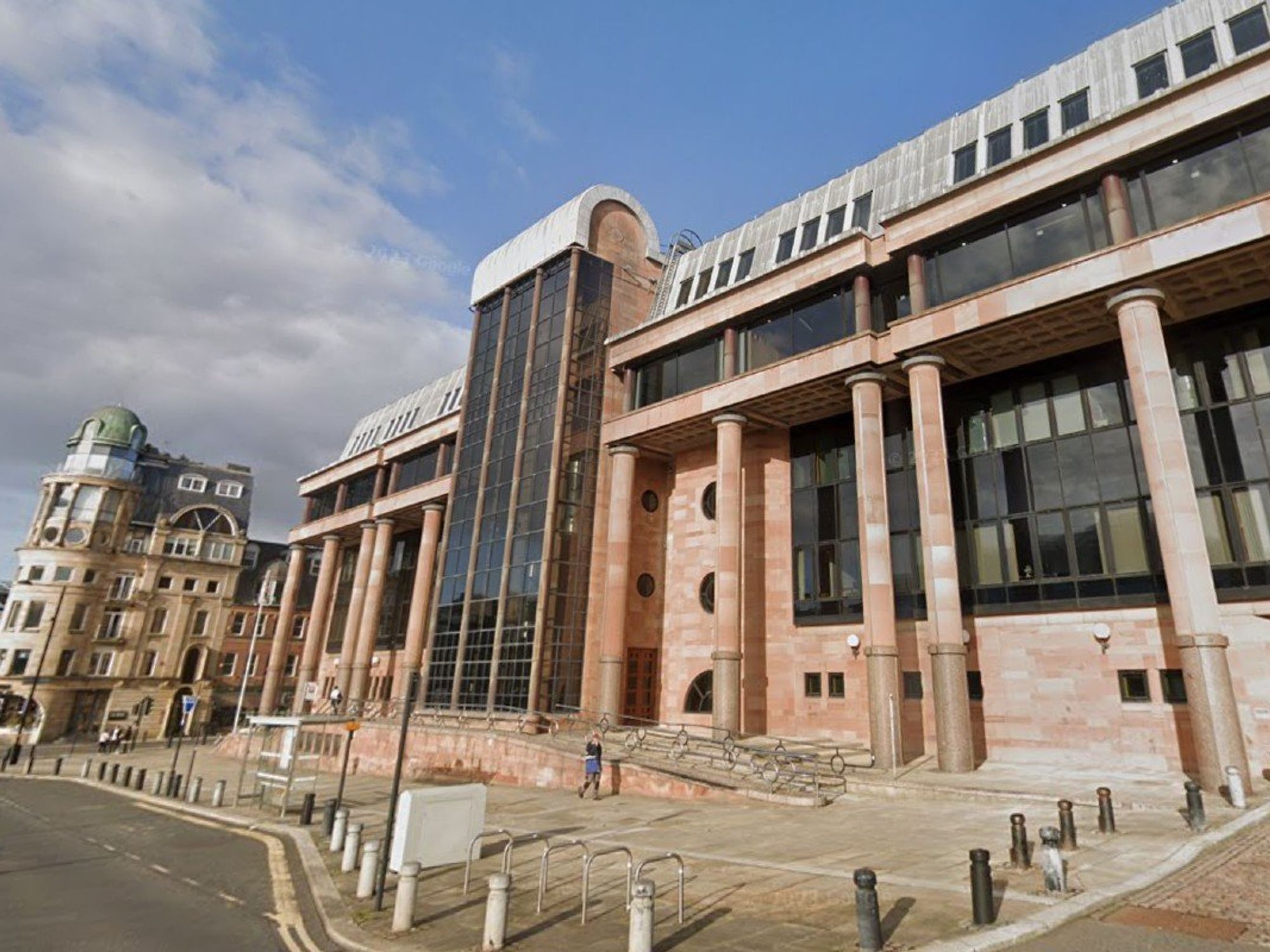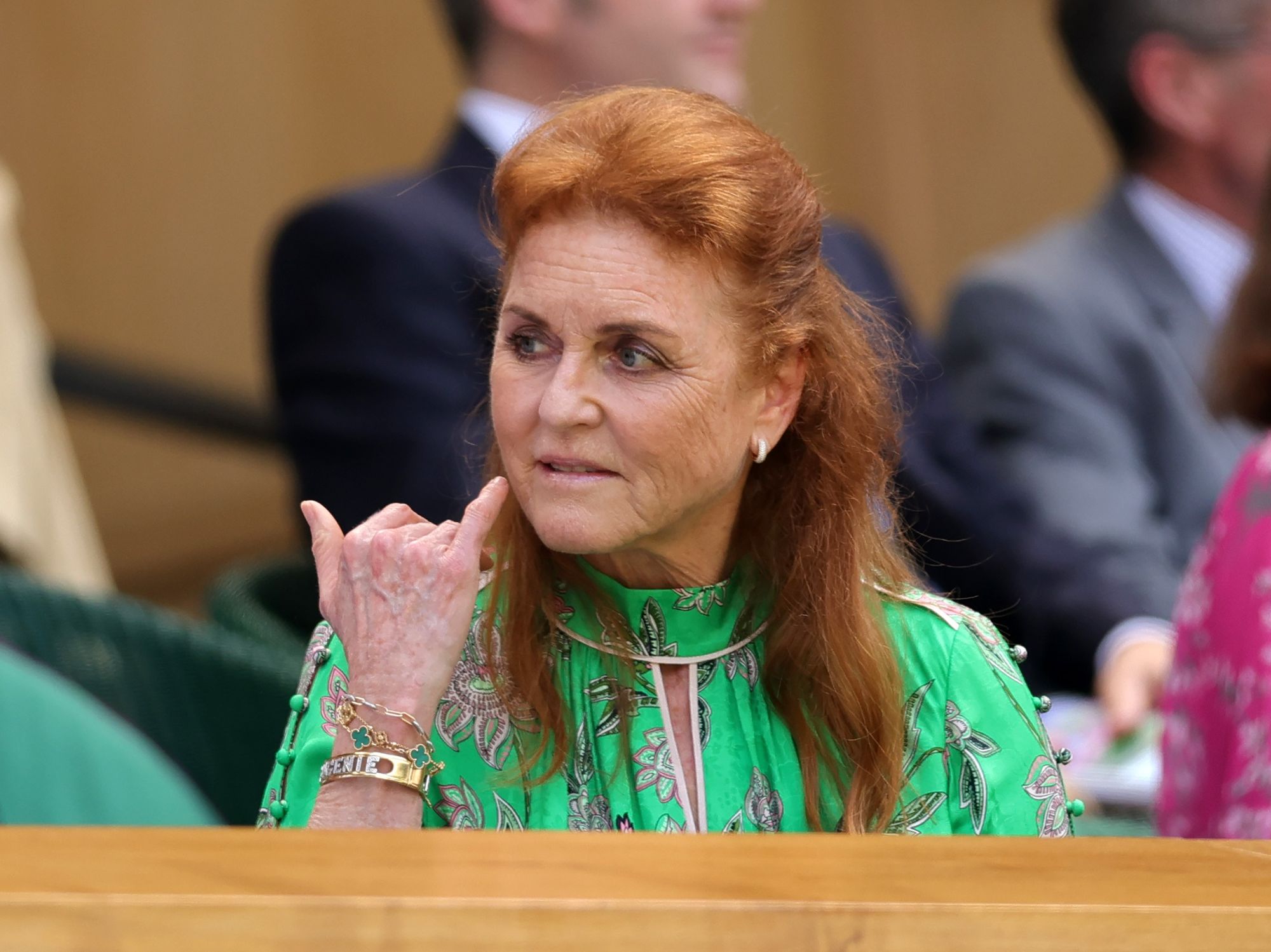Five key executive orders Donald Trump has signed so far that just killed off woke madness in America

From getting tough on immigration to restoring free speech, Donald Trump has signed a number of bombshell executive orders in his first 24 hours as President.
Don't Miss
Most Read
Latest
Donald Trump has already made good on his promise to deliver a bold agenda.
Shortly after being sworn in as the 47th President of the United States, he signed an avalanche of executive orders, from declaring a "national emergency" at the southern border to recognising only two genders.
Trump has sounded the death knell on identity politics and liberal hubris, both of which have abandoned working-class voters up and down America.
As Sir Keir Starmer's government nosedives in the polls, he would be wise to heed the lessons of Trump 2.0.
Here are five executive orders that will send shockwaves through America and abroad.
Border control
On his first day back in office, Trump signed several executive orders beefing up border security and immigration.
He declared the US-Mexico border a "national emergency". This allows for the deployment of military personnel to the border, aiming to address what the administration describes as an "invasion".
Accompanying this signature policy is a flurry of tougher measures aimed at reducing the numbers, such as ending birthright citizenship for children born in the US to parents without legal status, arguing a reinterpretation of the 14th Amendment.
Trump also issued an order to suspend the US Refugee Admissions Program for at least four months, directing a review of security measures for travellers from certain nations and ended "catch and release" - the policy of releasing undocumented immigrants after processing while they await immigration hearings would be ceased, with a mandate to build a wall along the southern border.
As record numbers cross the English Channel, British voters would welcome a tougher line on immigration
Free speech
Yesterday, Trump signed an executive order aimed at "restoring freedom of speech and preventing government censorship".
This order prohibits any federal officer, employee, or agent from unconstitutionally abridging the free speech of American citizens.
It also requires an investigation into whether the Biden administration engaged in censorship and directs the Attorney General to report on these findings.
Additionally, the order addresses the use of federal spending on online platforms, seeking to prevent taxpayer dollars from funding platforms that restrict free speech.
The executive order also touches on the regulatory environment around social media platforms, focusing on their liability under Section 230 of the Communications Decency Act, suggesting a move towards new regulations that would limit the liability shield for platforms engaging in what is perceived as political censorship.
As free speech advocates on both sides of the Atlantic express horror at what they see as Britain's lurch into an Orwellian nightmare following the summer riots - where some people with no prior convictions have received heavy sentences for tweets - protecting the rights of citizens over the state would be a welcome intervention.
Ending working from home for civil servants
On January 20, Trump signed an executive order mandating that federal employees return to in-person work at their respective duty stations full-time, effectively ending remote work arrangements for civil servants.
The executive order specifies that heads of all departments and agencies in the executive branch must terminate remote work arrangements as soon as practicable, with provisions for necessary exemptions to be made by department and agency heads.
This order was part of several executive actions taken by Trump shortly after his inauguration, focusing on returning federal workers to office environments.
This executive order will be music to the ears of many Britons, especially after a Freedom of Information request recently revealed that a council in West Devon allowed an employee to work in Ibiza from the beginning of lockdown in March 2020 until February of this year.
Gender
Trump's executive order declared that the US government would recognise only two sexes, male and female, based on an individual's "immutable biological classification."
This policy would affect federal documents like passports and visas, mandating that they reflect biological sex rather than gender identity.
This approach is in line with the direction of travel in Britain, particularly as concerns grow over transgender youth.
The Gender Identity Development Service (GIDS) at Tavistock, which was the only dedicated gender identity clinic for children and young people in the UK, was closed following an independent review.
This review, led by Doctor Hilary Cass, found that the clinic was not "safe or viable as a long-term option" for treating young people with gender-related distress.
The clinic was criticised for overshadowing mental health issues with gender identity issues and for lacking robust data on patient outcomes.
Alongside the gender policy, Trump also signed orders to end what his administration described as "radical and wasteful" diversity, equity, and inclusion programs within federal agencies. This move was part of a broader agenda to dismantle what was referred to as "gender ideology" in federal policy
Energy
Trump declared a "national energy emergency" aimed at increasing domestic energy production and lowering costs for consumers.
This order is intended to support the expansion of fossil fuel production and generation, particularly in response to increasing energy demands from AI-related data centres.
He signed orders to rescind Biden's climate and environmental justice policies that had been integrated into federal agency decision-making. This includes undoing policies aimed at reducing emissions and promoting renewable energy.
Trump revoked Biden's executive order setting a goal for 50 per cent of new vehicles sold by 2030 to be electric, effectively ending this "mandate".
Additionally, he shifted appliance energy efficiency standards back to those of his first term, which were less stringent than those under Biden.
Many Britons who feel net zero zealotry has driven up energy prices would rejoice at such an intervention.
They routinely grumble at how policies aimed at reducing carbon emissions, such as carbon permits, have directly increased the cost of energy production.
Indeed, Sarah Breeden from the Bank of England noted that carbon permits contributed significantly to the cost of fuel, with these costs being passed on to consumers.
Sadiq Khan's decision to expand the ULEZ across all of Greater London has been the target of much ire.











